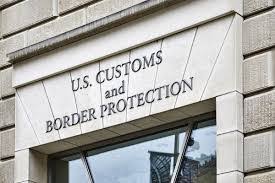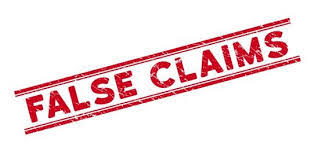The False Claims Act and Trade Enforcement (Part I of II)

The Trump Administration intends to leave a strong enforcement mark on fraud and trade enforcement. DOJ is linking together trade enforcement and False Claims Act cases in an unprecedented manner that will open up new opportunities and risks for companies involved in international trade. DOJ’s intent is clear and companies should be aware of this growing risk area.
In May 2025, DOJ designated “trade and customs fraud, including tariff evasion” as one of the top ten national priorities. To implement this directive, it is critical to “follow the resources” (like “follow the bouncing ball” for us older folks) to evaluate DOJ’s commitment.
DOJ has reallocated staff from DOJ’s Fraud Section and Consumer Protection Branch to prioritize investigations of import misclassification, undervaluation or misrepresenting the origin to evade duties.
To fit within the FCA nomenclature, DOJ is relying on what it terms “reverse false claims” to apply in the trade and import context. For example, if an importer submits false documentation on one of the three key issues — misclassification, undervaluation or origin of the goods — with the intent to evade a duty or fee, DOJ is characterizing such submission as a false reverse claim, meaning that it is intended to reduce the amount the importer has to pay to the government. A traditional false claim refers to false filings to secure an improper payment of monies to the flier — the opposite of what is occurring in the trade context — hence the use of the false reverse claim label.

DOJ has warned of an aggressive use of False Claims, not only in trade compliance, but extending to civil rights, DEI and other areas.
DOJ Enforcement Examples
This theory has been applied by DOJ to include evasion of antidumping duties. For example, International Vitamins paid over $22 million for underpaying its customs duties; misclassification of its products; Linde GmBh paid $22 million for failure to pay customs duties; and Toyo Ink paid $45 million for misrepresenting country of origin information to avoid paying antidumping duties on imports from China and India.
In another case reported this year, Evolutions Flooring paid $8.1 million for knowingly and improperly evading customs duties on imports of multilayered wood flooring from the People’s Republic of China (PRC). The settlement is based on Evolutions’ and its owners’ ability to pay.

To enter goods into the United States, an importer must declare, among other things, the country of origin of the goods, the value of the goods, whether the goods are subject to duties, and the amount of duties owed. U.S. Customs and Border Protection collects applicable duties, including antidumping and countervailing duties assessed by the Department of Commerce and Section 301 duties imposed by the Office of the United States Trade Representative. During the relevant time period, PRC-manufactured multilayered wood flooring products were subject to antidumping, countervailing, and Section 301 duties.
Through May 2025, DOJ announced that it has reached 128 FCA settlements, totaling $1.257 billion, many involving trade, healthcare and civil rights issues.
DOJ Whistleblower Program
DOJ has expanded its whistleblower pilot program to include tariff and customs fraud, creating a powerful incentive individuals and competitors to file qui tam FCA claims. This has resulted in an increase in tips, real-time claims and sealed complaints. Companies are using False Claims Act claims as a weapon in the competitive marketplace.















